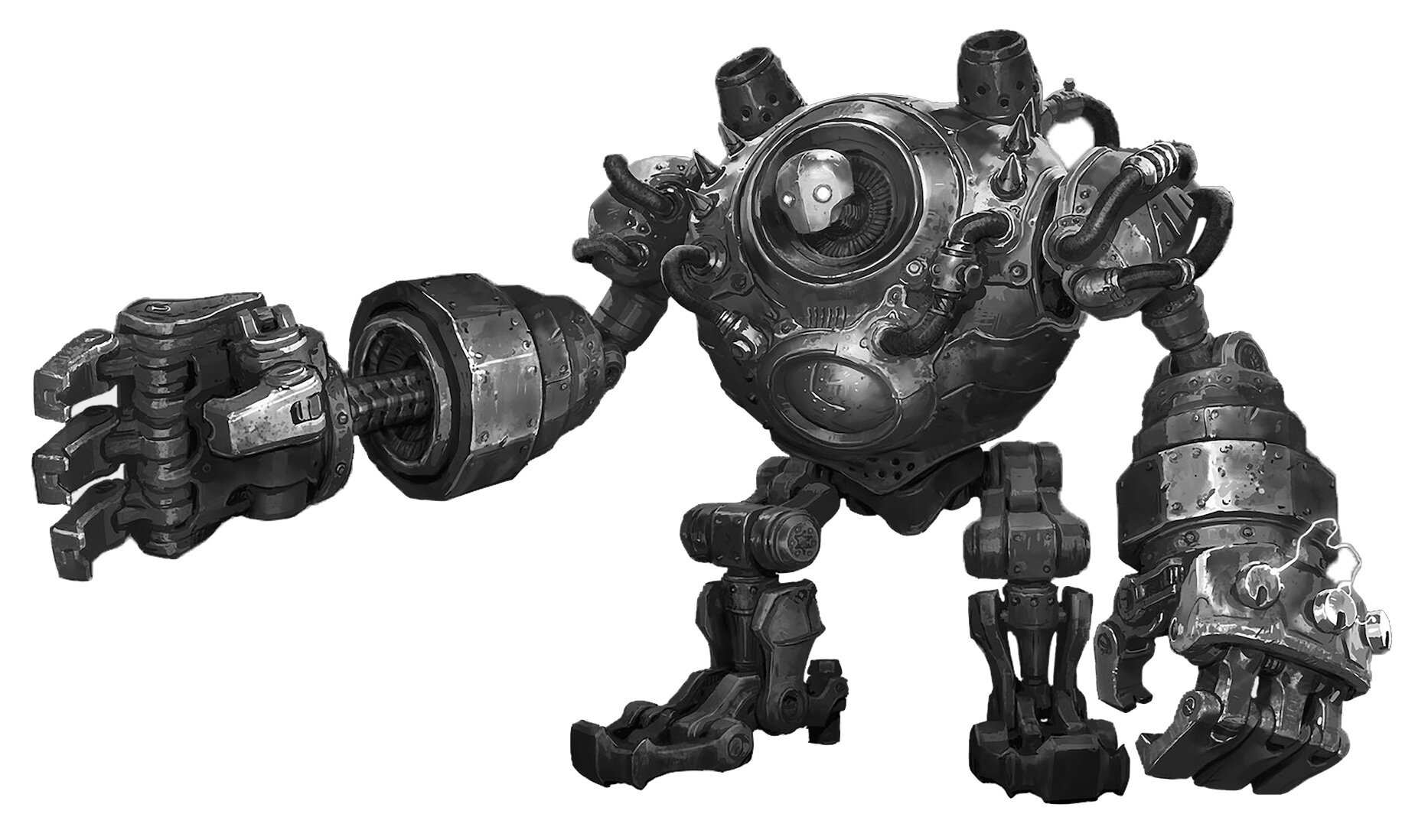"Gamer Girls": A Concept
by Cheryn Shin ‘20
Those of you who know me know that I play a lot of games, especially League of Legends. For a long time, gaming was—and still is—considered a male-dominated activity. When I walk into a PC café back in Korea, 98% of the users are males (PC cafes are Local Area Network gaming centers with rows of computers on which users can play games on for an hourly fee). The cafés are usually full of males who are or act like they’re prepubescent. When I first started playing League, I didn’t mind when people were surprised or called me a “girl gamer.” I mean, even girls found it unusual then, and I’m from a country dominated by e-sports and video games—we literally invented the concept of PC cafés. It was normal for me to be considered abnormal.
But that was 2014. Fast forward to 2019 and a typical conversation with a cis-gender male goes:
image courtesy of lol.gamepedia.com
Me: “Yeah, I play games.”
♂: “Oh cool, what do you play?”
Me: “League.”
♂: “Wow, so you’re a gamer girl.”
Me: “Nah, I’m just a gamer.”
People support the movement to replace gendered terms ending with “-man” to more gender-neutral terms. Well, what about terms that were already gender-neutral that have been gendered for absolutely no reason at all???
Unsurprisingly, there is still a lack of female representation in the gaming industry, despite efforts to rectify this gender imbalance. As a hobby targeted to a predominantly male audience in the ’70s and ’80s, the idea of women in this industry was unorthodox. And although there has been a surge of female players both in entertainment and development within the last decade, women are still sometimes considered “intruders” who shouldn’t be there. Essentially, it no longer mattered that “gamer” was a neutral term: its social connotation is strictly male. Sexism and harassment both in-game and within the industry are not new. The 2014 “#Gamergate” was an online movement that fought against misogynistic notions and for the inclusion of diverse gamers of all genders. For instance, a lawsuit filed against Riot Games in 2018 claimed that the company had a “men-first,” “bro culture” workplace. Female gaming streamers must constantly fight against rape/death threats and stalking by male viewers.
Sometimes I wonder if people actually think all female gamers wear tight crop tops, pink wigs, full makeup, and headsets with cat ears. It’s the same issue Comic-Con or Anime Con has with cosplay or Japanese cultural fetishization. Someone dresses up in an eye-catching costume and suddenly that image is copied and pasted onto the rest of the female population.
Allow me to borrow a slogan from Comic-Con 2014: “cosplay ≠ consent.” However, some online female streamers may portray themselves ≠ the rest of us. And who knows, these streamers would have probably received backlash for not being “attractive enough” or not wearing makeup on camera because lookism is a thing and appearance is often more important than the game you’re playing.
Next question: Why does a player’s real-life gender identity matter when it doesn’t matter in-game? In most online games, you can’t and don’t determine people’s age, gender, race, ethnicity, etc. If you’re going to call anyone “gamer girl,” why not just go ahead and say “a 20-year old East Asian female gamer,” and then introduce yourself as a “25-year old Caucasian male gamer” (not targeting anyone specific by the way)?
Fam, it’s time to face the truth: the term “girl gamer” should not be used, and it’s definitely not a “reappropriated term” or whatever Wikipedia calls it (you’ve got to be kidding me). First things first: don’t let men tell you what you are. Just because you’ve been labeled a “girl gamer” doesn’t mean you have to go buy Gamer Girl Bath Water and change all your gear to bubble gum pink. Yes, I’m exaggerating, but the point I’m trying to make here is, don’t be afraid to be yourself as you are. Yes, there are some streamers out there who have established a stereotype for all of us. But you don’t need to call yourself a girl gamer just because we live in a society that still calls us that. We are gamers. Period. Playing games literally doesn’t change who we are as people, so why should there be a gendered title for a hobby? Nobody says, “Oh yeah, I’m a female poet” or, “I’m a girl knitter.”
Also, excuse me, “girl”?? I’m a grown-ass woman. So grown men can be called “gamers” or “male players,” and even adolescent males are called “teen-players,” and I’m stuck with “girl.” Gee, thanks.
Catch me behind a screen in my sweats and oversized crewneck, no makeup on, and with glasses. Chances are I’m probably being a poet or a gamer.
Last thought. I’m a little heated from writing this article and I just remembered something from back-in-the-day, because I’m petty like that. To that girl in the ninth grade who asked me to my face, “Aren’t you just playing that game so you can catch the boys’ attention?”:
Fuck you and fuck you and guess what. Fuck you.
Love,
Cheryn
from the October 2019 issue
